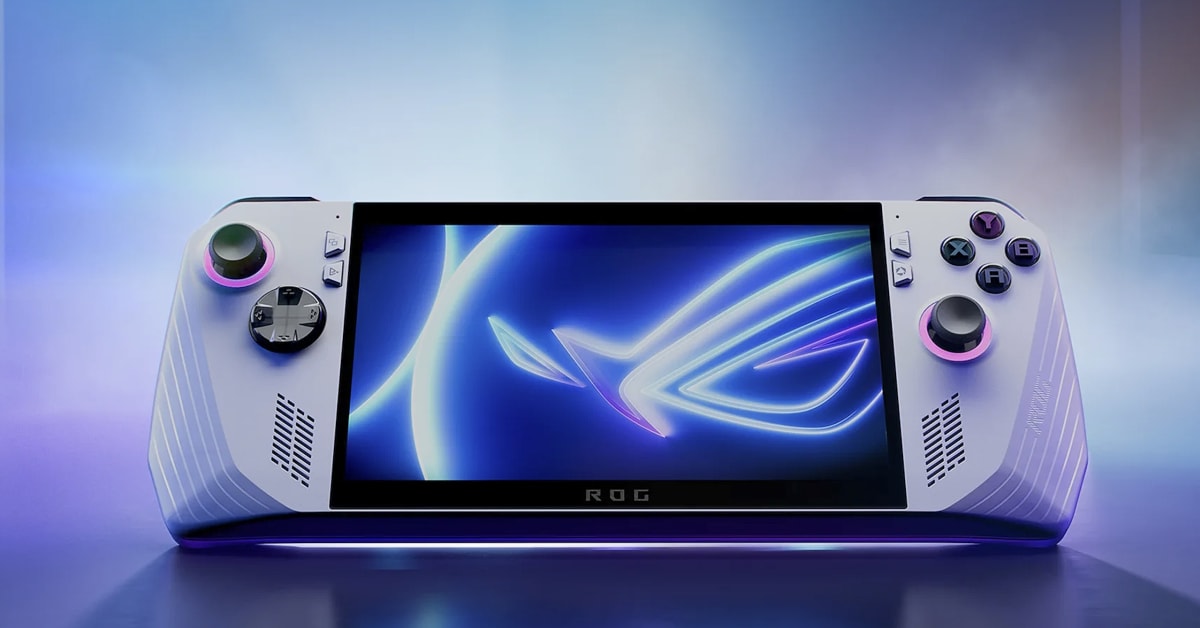
Asus ROG Ally 2 release likely later this year with more gaming features
The Asus ROG Ally handheld was released last year and, barring some minor complaints, was a moderate success. Now, Asus is already getting ready to release the next version of the handheld, and teasing what lies ahead for the company in the gaming sector.
In an interview with Techclusive, Asus India’s Vice President of Consumer and Gaming PC division Arnold Su revealed that the ROG Ally 2 is just around the corner.
“…we most likely will launch a second generation [handheld gaming console] this year. We will still keep the Windows features, but we will focus more on gaming,” he said. Su went on to reveal that the ROG Ally has done well in India, selling over 70,000 units thanks to an official presence in the country.
The original ROG Ally ran Windows 11, powered by AMD’s Ryzen Z1 CPU that was specifically designed for gaming handhelds. While the system was more powerful than the Steam Deck, its software support and optimization paled in comparison to Valve’s handheld. Things got better for the device in the months after release, with many software updates improving the quality-of-life features and stability.
With AMD currently working on the latest Zen 5 architecture, it wouldn’t be surprising to see the Asus ROG Ally 2 sport a new chip. The Ryzen Z1 CPU has powered both the ROG Ally and Lenovo’s Legion Go handhelds, and after addressing the growing pains of both devices, it will be exciting to see what AMD has in store for a new generation of handheld PCs. With Intel now entering the handheld space, AMD will need to bring more innovation to its efforts in the market.
To that end, Asus sticking with Windows 11 for the ROG Ally 2, or whatever it ends up being called, may be disappointing news for some gamers. Microsoft’s incremental updates to Windows 11 to make it work better on handheld devices still have a ways to go before reaching the optimization work that Valve puts into the SteamOS. Of course, using Windows 11 has its fair share of advantages, with greater game compatibility being the primary reason.
At the very least, the release of a second-generation ROG Ally should make the first one cheaper to acquire, making it a more viable Steam Deck alternative than it already is.




